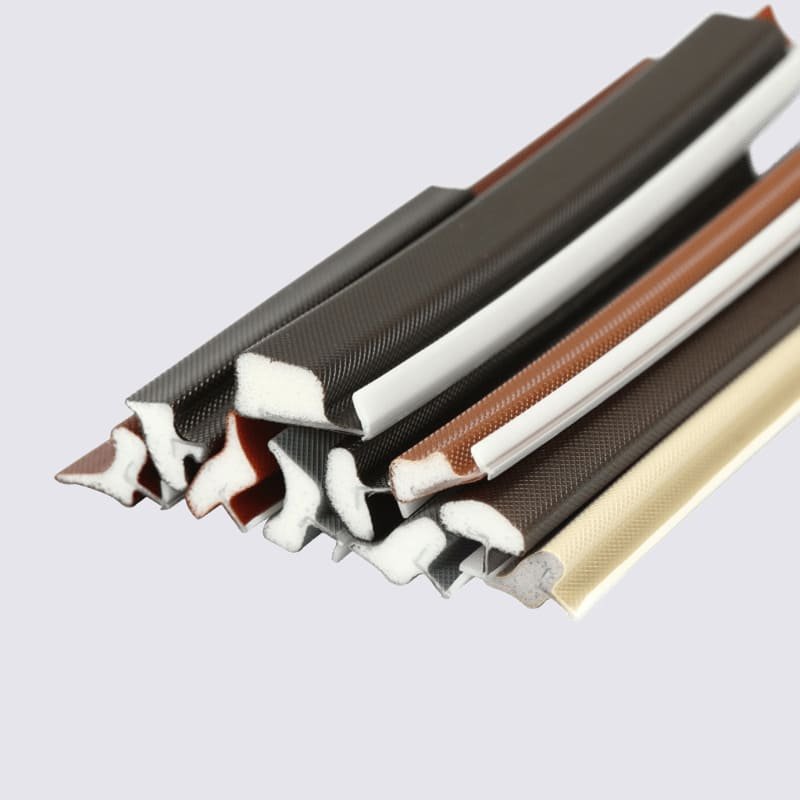Silikonslangen binne in populêre kar wurden foar luchtyntak, brânstof, leech, coolant and boost applications on performance and race vehicles. Silicone offers several benefits over rubber and plastic hoses commonly used from the factory, including higher heat and cold resistance, durability and ozone resistance.
What We Need To Consider About Silicone Hoses?
Size and Fittings
Silicone hose kits are available in a wide range of sizes including 5/16″ ID to 4″ ID, with various wall thicknesses to suit different pressure requirements. Silicone hoses are offered with pre-installed crimp or compression fittings, or with removable ends that allow installing hose ends, clamps and custom fittings.
Ynstallaasje
Silicone hoses are simple to install with basic hand tools. Lubricate the inside of hose ends and the fittings with liquid soap, silicone lubricant or petroleum jelly before connecting. Take care to avoid kinking or sharply bending the hoses. Over tightening clamps can damage or split the silicone hose.
List Popular Types Of Silicone Hose For Car
Air Intake And Charge Air Cooler Silicone Hose
Replacing the air intake hose between the air filter and throttle body, as well as the hoses connecting a charge air cooler, with silicone is a popular modification. Silicone can handle the high temperatures of up to 500 degrees Fahrenheit generated by turbochargers and superchargers. The non-permeable nature of silicone also prevents heat soak that can reduce intake air density and engine power.
Automotive Fuel Hose
While rubber is still widely used for fuel lines, silicone is gaining popularity due to its resistance to ethanol blends, benzine, diesel and other fuels. Silicone has excellent resistance to ozone, UV-strielen, abrasion, cooling fluids, oil and chemicals. The non-permeable nature of silicone prevents fuel seepage that can damage other components.
Vacuum Hoses
Silicone vacuum hoses are commonly used for boost and E brake vacuum lines. Silicone exhibits little compression set over time, providing a reliable seal. The UV and ozone resistance and wide operating temperature range from -80 nei 500 degrees Fahrenheit make silicone an ideal material for long lasting vacuum hoses.
Coolant Hose Applications
Silicone coolant hoses have become a popular upgrade for their durability and enhanced sealing properties. Dêrneist, silicone coolant hoses are highly resistant to the wide range of engine fluids, glycol coolant and corrosion inhibitors found in modern cooling systems. Úteinlik, silicone hoses are more resistant to heat cycles that cause rubber to fatigue and develop leaks over time.




